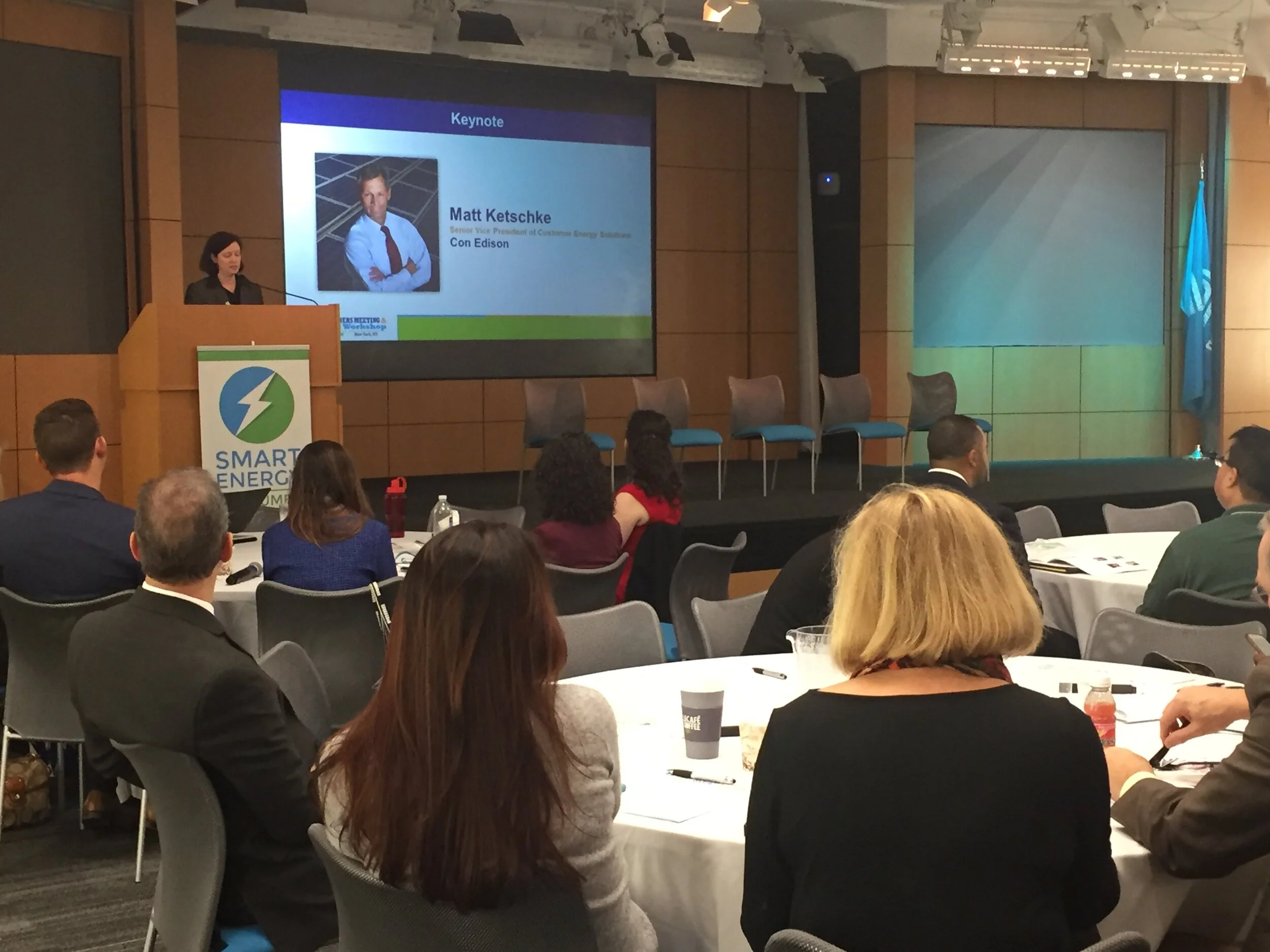Facilitation
Utilities who are going through regulatory proceedings and state commissions engaging in workshops or community discussions related to smart energy, AMI deployments, or sustainability initiatives may require help determining who needs to be at the table and what content should be presented.
Patty can assist in determining those answers, creating content, as well as the production of summits or workshops around themes of smart energy, climate change, and consumer engagement including how to discuss the urgency of climate change with consumers, and how smart energy is required for carbon emissions reductions.
Briefings
Energy stakeholders including consumer advocates, commissions, utilities, or other energy-focused organizations may wish to more fully understand residential consumers in terms of carbon reduction goals, saving money, technology interests, and programs and services. What rate plans are best for consumers? What policy gaps exist that if closed could address documented issues related to equity and environmental justice?
Consulting
Patty can provide direction on consumer engagement, smart energy and climate change, or change management to help organizations shift focus from operations or engineering to consumer-focused services. Her specific focus is on climate change and how smart energy solutions addresses this urgency. Consulting capabilities includes:
Goal setting: what does the utility/organization want to accomplish in terms of carbon reductions and community engagement?
Marketing: what are the top 5 steps for building attendance for community engagement around the topic of climate change and smart energy?
Consumer research: what research exists, and by whom, that explains values & attitudes of consumers toward energy & technology?
Change management: how does an organization educate staff and build support internally to focus on consumers rather than delivery of a commodity?
Underserved communities: how can stakeholders assist at-risk or LMI (low to moderate income) consumers around climate change risk reduction?


